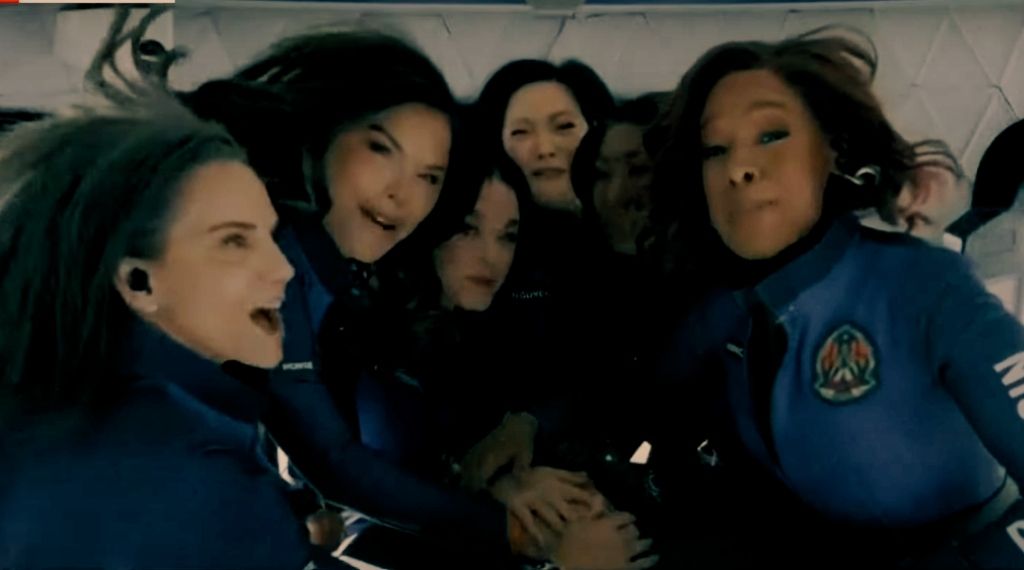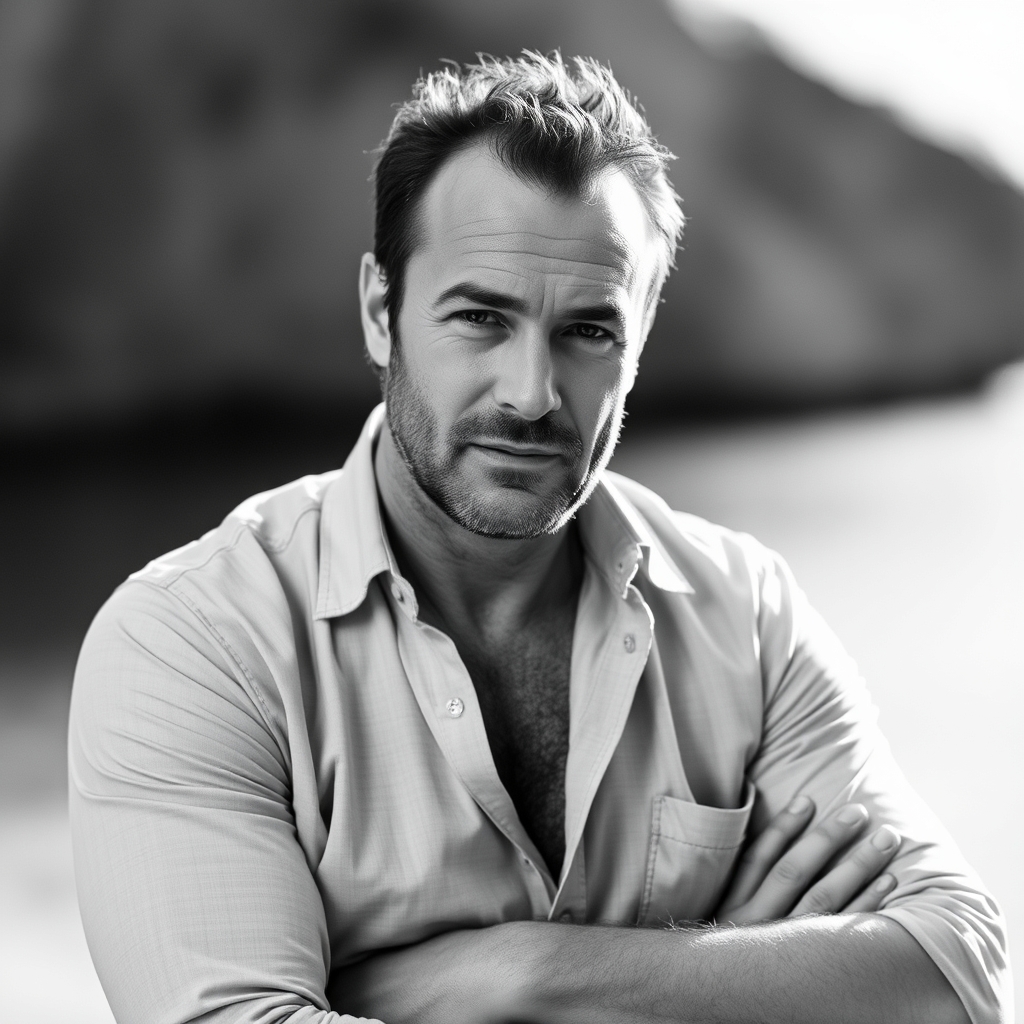April 14, 2025 – West Texas : Blue Origin has made history with its first all-female spaceflight, launching six women aboard the New Shepard rocket on a suborbital journey that lasted approximately 11 minutes. The mission, which took off from West Texas, marked the first all-women crewed spaceflight since 1963, crossing the Kármán line—the internationally recognized boundary of space at 100 kilometers (62 miles) above sea level.
A Star-Studded Crew and Historic Milestone
Blue Origin has launched a star-studded, all-woman crew into space on Monday — with global pop icon Katy Perry headlining the mission.#KatyPerry #Space #JeffBezos
(Video Credits: Jeff Bezos Twitter) https://t.co/5vf7DYogQ9 pic.twitter.com/ckqIxdAIfu
— News18 (@CNNnews18) April 14, 2025
The flight’s six women featured a diverse lineup of accomplished women, including:
- Katy Perry – Grammy-nominated pop artist, who sang What a Wonderful World during the flight.
- Lauren Sánchez – Former journalist and fiancée of Jeff Bezos, playing an increasing role in Blue Origin’s operations.
- Gayle King – CBS presenter, celebrated for overcoming her fear of flying.
- Aisha Bowe – Former NASA rocket scientist and advocate for women in STEM.
- Amanda Nguyen – Civil rights activist and Nobel Peace Prize nominee.
- Kerianne Flynn – Film producer and long-time space enthusiast.
The New Shepard rocket, a fully autonomous, reusable spacecraft, carried the crew past the Kármán line, allowing them to experience weightlessness for several minutes before descending back to Earth. The capsule landed safely in the Texas desert, where the astronauts were greeted by Blue Origin staff and family members.
Public Reaction: Celebration and Controversy
While the mission was widely celebrated as a milestone for gender representation in space, it also sparked heated debates on the purpose and ethics of space tourism.
Supporters Applaud Representation and Innovation
Advocates of the mission hailed it as a symbolic victory for women in aerospace, emphasizing the importance of visibility and inclusion in space exploration. The flight also showcased Blue Origin’s technological capabilities, reinforcing its ambitions in the commercial space sector.
Critics Question the Cost and Environmental Impact
However, critics argue that celebrity-driven space tourism does little to advance scientific research. The $150,000 ticket price for each passenger has drawn scrutiny, with many questioning whether such missions serve public interest or merely cater to the ultra-wealthy.
Environmental concerns have also surfaced, with experts debating the carbon footprint of suborbital flights. Some argue that private space travel contributes to climate change, while others believe it drives innovation in sustainable aerospace technology.
The Future of Space Tourism
Blue Origin launched an all-female flight with Katy Perry and five other women.
The six women took a 10-minute flight on Blue Origin’s New Shepard rocket. It was the 11th human space flight for Blue Origin, which is owned by Amazon founder Jeff Bezos.
The all-female crew… pic.twitter.com/lpiF0Yw2we
— FOX 9 (@FOX9) April 14, 2025
Blue Origin’s all-female flight underscores the growing interest in commercial space travel, an industry valued at $1.3 billion in 2024 and projected to reach $6.7 billion by 2030.
As space tourism expands, questions remain about its long-term viability, accessibility, and environmental impact. Will future missions prioritize scientific exploration, or will space travel remain an exclusive experience for the elite?
For now, Blue Origin’s historic flight has ignited a global conversation one that will shape the future of women in space and the ethics of commercial spaceflight.

I’m an independent writer covering global news with a focus on U.S.-related topics.




